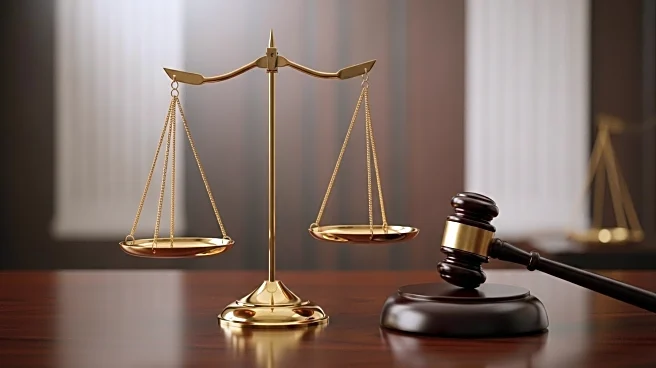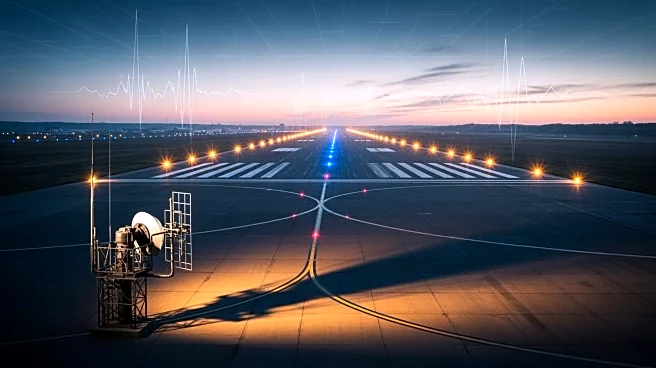What's Happening?
The Supreme Court is beginning a new term with a focus on President Trump's expansive claims of executive power. Among the cases to be reviewed is Trump's executive order denying birthright citizenship to children born in the U.S. to parents who are in the country illegally or temporarily. This order has been blocked by lower courts as unconstitutional, challenging longstanding legal interpretations. The court will also examine Trump's tariffs and his authority to fire independent agency members at will.
Why It's Important?
The Supreme Court's decisions on these cases could redefine the scope of presidential authority and impact immigration policy, economic regulations, and the structure of federal agencies. The rulings could either reinforce or limit the executive branch's power, affecting how future presidents govern. The outcome of these cases will be closely watched by political leaders, legal experts, and civil rights organizations.
What's Next?
The Supreme Court will hear arguments on these cases, with potential rulings expected to influence the balance of power between the executive and legislative branches. The court's conservative majority has shown preliminary support for Trump's policies, but detailed evaluations may lead to different outcomes. The decisions could set legal precedents that shape the interpretation of executive power.
Beyond the Headlines
The examination of President Trump's executive orders underscores the ongoing debate over the limits of presidential authority. The Supreme Court's rulings could have long-term implications for the separation of powers and the role of the judiciary in checking executive actions.









